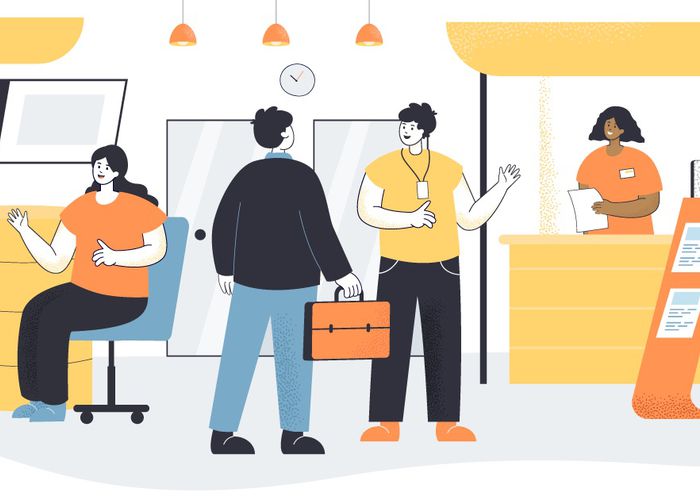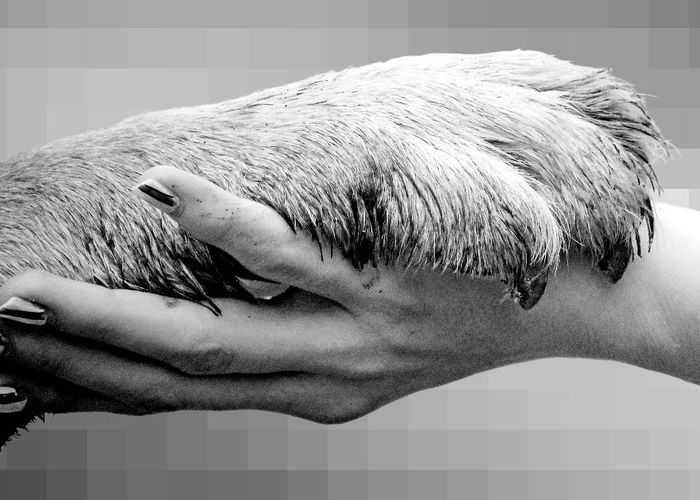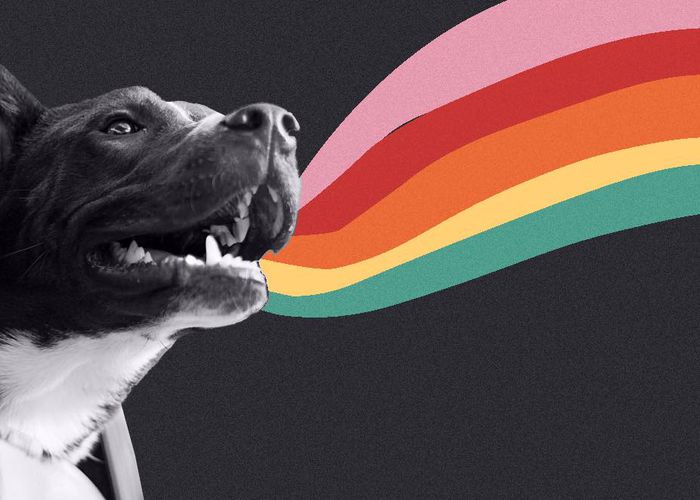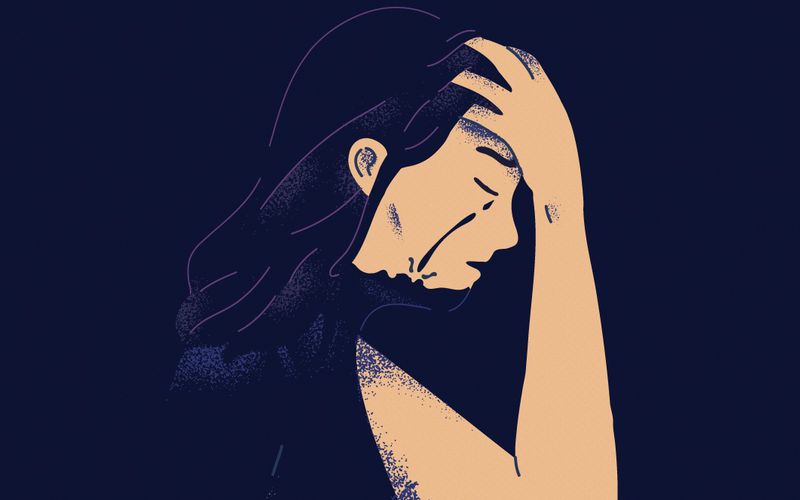
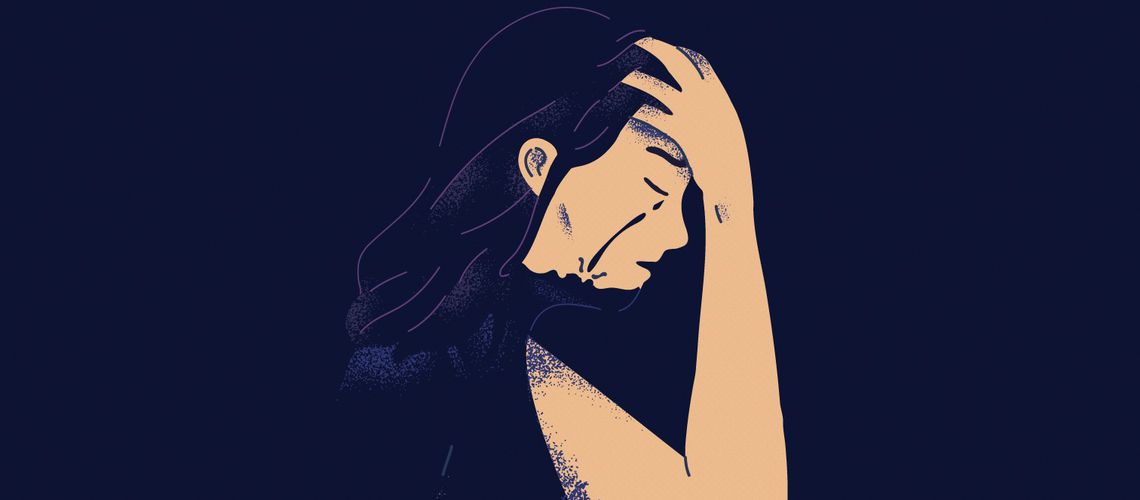
How to Deal With the Emotions of Suddenly Losing a Veterinary Patient
There's no textbook that veterinarians can consult when dealing with the sudden loss of a patient. Initially, it can be hard to acknowledge our own emotions at all, as we care for the pet parents who have lost their family member and are in need of consolation.
Plus, sudden loss affects most people differently than expected loss. With expected loss, we and the clients have time to prepare and have those difficult conversations. That doesn't mean that losing a long-time, terminally ill patient is ever easy; it's just that we have more time to "pre-process" the grief that comes with it. With sudden loss, we don't have that option.
Many veterinarians may also just "skip" feeling it, which can have a negative impact on our emotional and mental well-being in the long run. With that in mind, it's important we do eventually acknowledge and process the emotional impact of losing a veterinary patient. Here's how.
Emotions and Duration of Impact Will Vary
Veterinarians are human, and as humans, we all process sudden loss differently. A 2018 study in Anthrozoös surveyed 32 veterinarians on their reactions to losing a patient and found that many controlled or managed their immediate emotional response to the event—to complete the existing surgical workload and maintain a professional bearing—whereas others experienced these uneasy feelings for a longer time, even months to years later.

It's important to recognize that your emotions don't have to be the same as others and that it may take time to get over this loss. It will all depend on your individual emotional make-up, life experience, and coping mechanisms.
How Can Veterinarians Cope With Sudden Loss?
Although it's necessary that we maintain our composure and support those around us, including other patients that same day, it's imperative we address the emotions brewing inside ourselves to avoid negative long-term effects.
In an interview for dvm360, Kathleen Ruby, Ph.D., a licensed clinical counselor at Washington State University's College of Veterinary Medicine, advised, "Each time a veterinarian cares for a companion animal, and it dies or is euthanized, this must be looked at as a critical incident. It also must be recognized that the impact of critical incidents compound if they are not somehow discharged."
Dr. Ruby offered these helpful tips on how veterinarians can cope with these incidents:
- Acknowledge that as a caregiver, you cannot respond to an incident with compassion and professionalism without being emotionally impacted.
- Talk with your trusted colleagues about how you're feeling and your level of stress.
- Create a supportive environment at work that acknowledges the impact of patient loss on doctors and the team.
- Make sure you have time and practices set up outside of work to restore and process your emotions.
Know That You're Far From Alone
In the dvm360 article, Dr. Ruby and numerous other sources point to psychosocial support as one of the key strategies to coping with sudden patient loss successfully. Although drawing support from your fellow veterinarians is one successful strategy, it's not the only one—and ultimately may not be enough.
The American Veterinary Medical Foundation lists a number of sources to support your well-being as a veterinarian. And, if you feel you need professional help from outside of the field, visit Psychology Today to find a therapist to help you through. There are also many mental health apps that can help veterinarians.
Perhaps most of all, remember that we veterinarians have all been there and can relate to each other in a way that others can't, especially in cases where the sudden death of a patient could have been prevented. They may also be able to provide more than emotional support, too. According to the study in Anthrozoös, "Nearly every participant emphasized the importance of technical learning in order to decrease future occurrences and improve skills."
Go from "AHHH!" to "Ahhh." Read how fellow veterinarians are finding focus in our latest guide.
Feeling that we have the tools to do better next time increases confidence and creates a sense of control to help deal with your harsh inner critic, both of which are important for moving on and continuing a career that inevitably must manage death. Still, it's good to remember that this challenge is often balanced—and even outshined—by the health and happiness we witness in our furry friends each day.


